None can love freedom heartily, but good men; the rest love not freedom, but licence
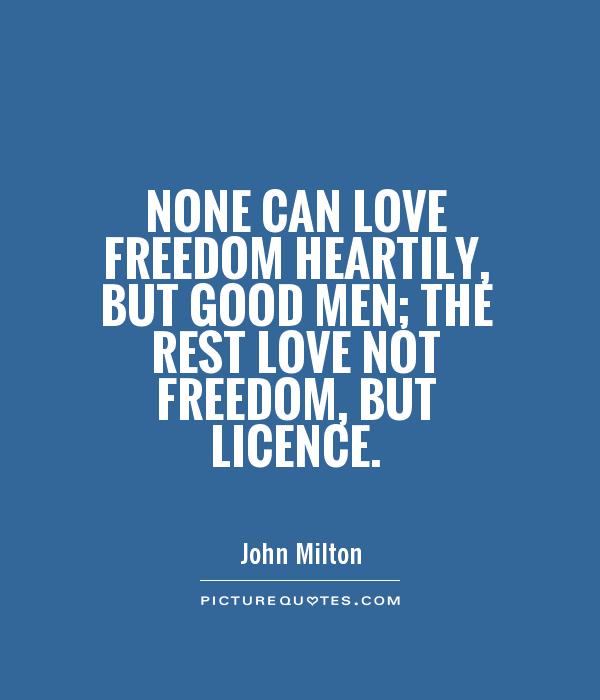
None can love freedom heartily, but good men; the rest love not freedom, but licence
John Milton, the renowned English poet and intellectual, is often quoted for his profound thoughts on freedom and liberty. One of his most famous quotes is, “None can love freedom heartily, but good men; the rest love not freedom, but licence.” This statement encapsulates Milton’s belief that true freedom can only be appreciated and cherished by those who possess virtuous qualities and a sense of responsibility.Milton’s words highlight the distinction between genuine freedom and mere license. While freedom implies the ability to act and make choices without constraint, license refers to the unrestrained and irresponsible exercise of that freedom. According to Milton, only individuals of good character and moral integrity can truly appreciate the value of freedom and use it for noble purposes. In contrast, those who lack virtue and self-discipline are more likely to abuse their freedom and indulge in reckless behavior.
Milton’s emphasis on the importance of moral goodness in relation to freedom reflects his deep-rooted belief in the inherent connection between virtue and liberty. He believed that true freedom is not simply the absence of external constraints, but the ability to govern oneself according to moral principles and ethical values. In his epic poem “Paradise Lost,” Milton explores the themes of free will, temptation, and the consequences of moral choices, underscoring the idea that genuine freedom comes with a sense of moral responsibility.
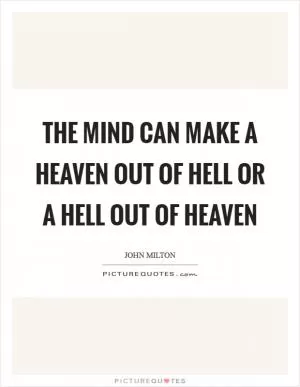





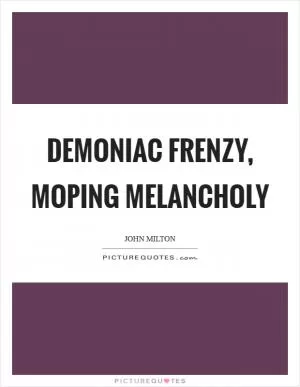
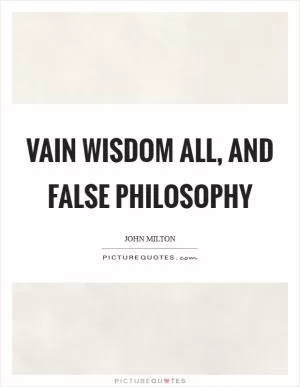

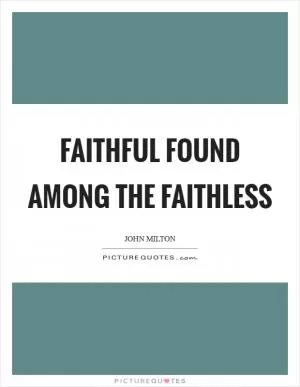


 Friendship Quotes
Friendship Quotes Love Quotes
Love Quotes Life Quotes
Life Quotes Funny Quotes
Funny Quotes Motivational Quotes
Motivational Quotes Inspirational Quotes
Inspirational Quotes